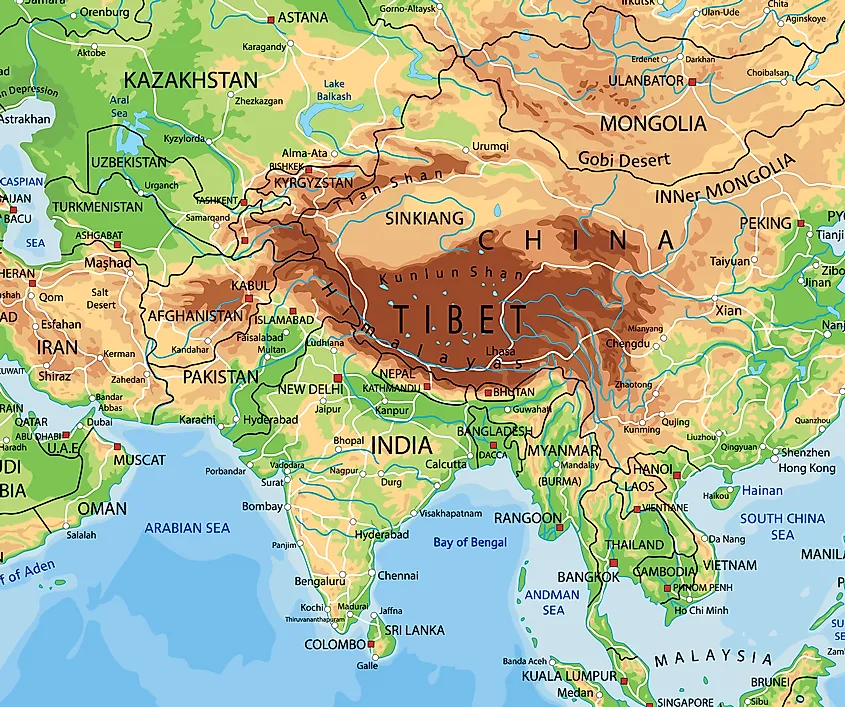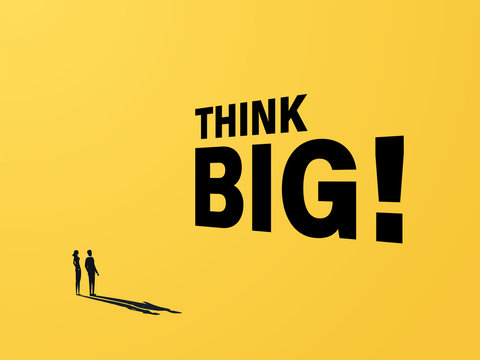The Plateau of Plenty: Welcoming the Age of Abundance
We live in a time unlike any other in human history—an era defined by exponential technologies. Artificial intelligence, biotechnology, clean energy, quantum computing, and robotics are evolving at breakneck speeds. These aren’t just gadgets or conveniences—they’re powerful tools that can help us tackle humanity’s biggest challenges. But as the gears of innovation spin faster and faster, a critical truth emerges: technology without ethics is a recipe for disaster.
Take AI, for instance. A machine can now outpace our thoughts, anticipate our behavior, and even make decisions for us. But the fundamental question is not how fast it can go. The real question is: Is it going in the right direction? And that is not a technological question—it is a spiritual one. Morality, meaning, and purpose cannot be engineered. They must be discerned. They belong to the realm of spirituality, not code.
Beyond Capitalism, Socialism, and Communism
Most economic systems that dominate our world—capitalism, socialism, and communism—are rooted in scarcity. They were designed for a world where there isn’t enough to go around, where people must compete for limited resources. But what happens when that core assumption collapses?
The Age of Abundance isn’t science fiction anymore. It is visible in the data, hinted at by the visions of Silicon Valley entrepreneurs, and perhaps most profoundly, foretold in ancient scriptures. The Book of Isaiah spoke of a time when every person would have plenty, when peace and prosperity would flourish. In that context, it's worth noting that one of the reasons many Jewish leaders rejected Jesus 2,000 years ago is because he did not fulfill the messianic prophecy as they understood it: the arrival of an Age of Abundance on Earth.
And yet, now we stand at the threshold of that very possibility.
What Happens When There's Enough?
Imagine a world where food, energy, housing, healthcare, and education are all abundant and accessible to all. What happens then?
At first, you may assume the result would be even more growth. But that’s a misunderstanding of human nature. Just like there’s only so much food you can eat at one sitting—after which you push your plate away and leave the table—there’s only so much physical consumption one needs.
Abundance does not create endless desire. It fulfills it.
At that moment, humanity will find itself not on a vertical climb, but on a horizontal plateau—what we might call the Plateau of Plenty. It’s a stage where growth, as we know it, no longer matters. Instead, attention turns inward and upward. Once basic needs are universally met, the next frontier is spiritual.
The Spiritual Renaissance
This does not mean that spirituality is only possible after material needs are met. Far from it. Saints and sages have emerged from poverty and struggle for millennia. But when the masses are liberated from material bondage, society as a whole gains the freedom to focus on higher questions: Who are we? Why are we here? What is our purpose? How do we live together in peace and dignity?
The Age of Abundance is not just an economic or technological milestone. It is a civilizational inflection point. It invites a new era of human flourishing—where meaning, not money, becomes the measure of success.
The New Economics of Abundance
To reach the Plateau of Plenty, we will need a new economic philosophy—one that acknowledges the limits of current systems and embraces the unique dynamics of abundance. This new model would focus on:
-
Universal access over ownership
-
Cooperation over competition
-
Regenerative value over extractive profit
-
Spiritual fulfillment over material accumulation
This is not utopia. It is emergent reality.
A Call to Prepare
We’re not there yet. There are still billions in poverty, billions more locked in cycles of debt, oppression, and systemic inequality. But the trajectory is clear. The tools of abundance are here. The moral compass is what we must now refine.
The Plateau of Plenty is not the end of history. It is the beginning of a new chapter—where ethics lead, technology follows, and spirituality reclaims its rightful place at the heart of human endeavor.
Let us prepare not just our systems, but our souls. Let us meet the Age of Abundance with wisdom, humility, and grace.
Because abundance, without a higher purpose, is just more stuff. But with purpose, it becomes the foundation of a just and enlightened world.



